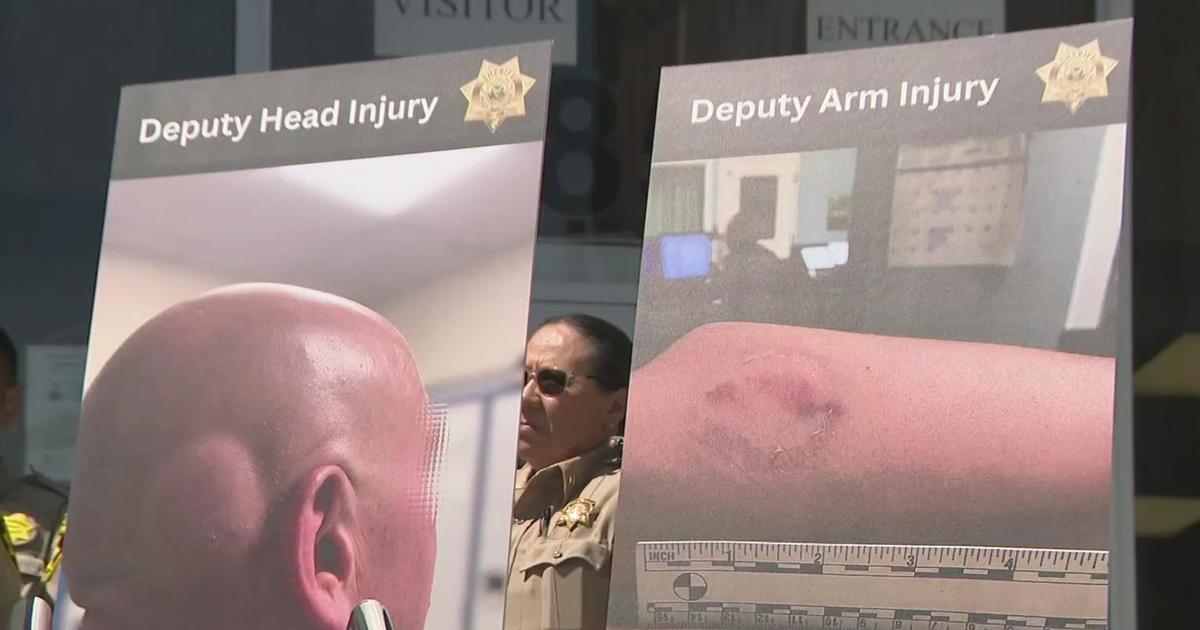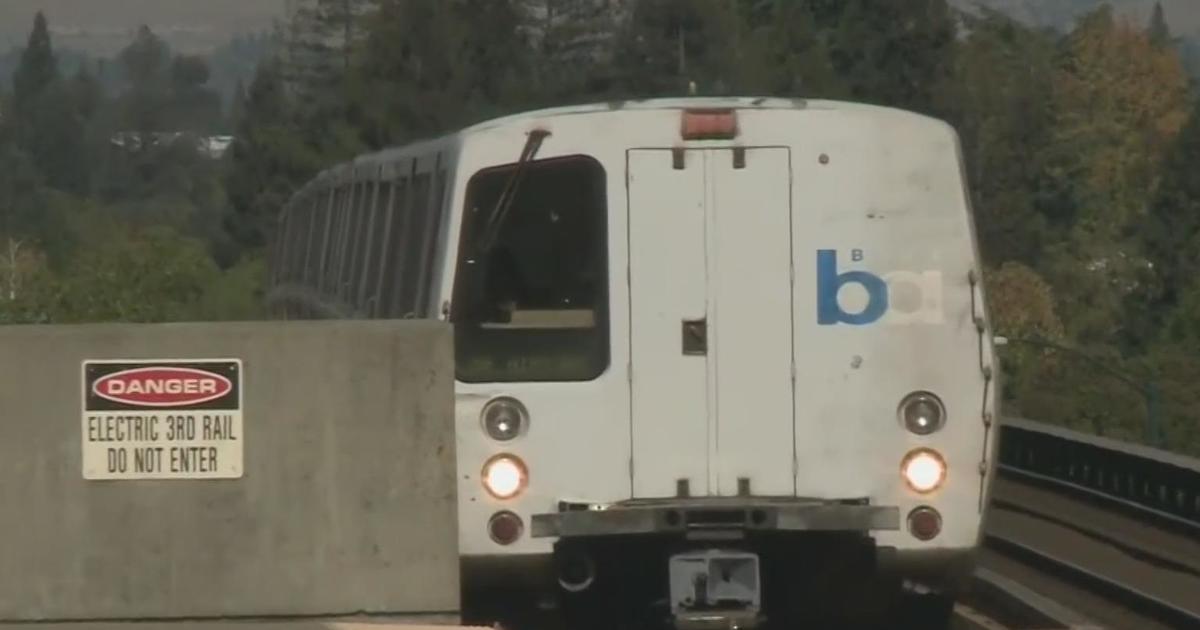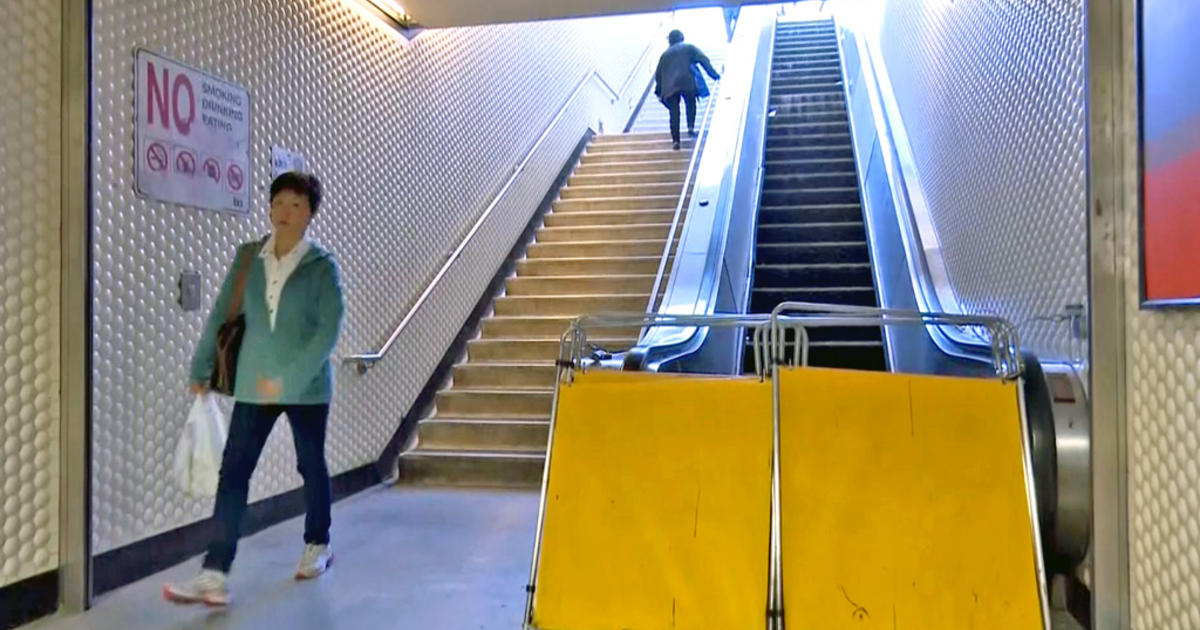Violent Crime On BART More Than Doubles Over Last 5 Years; Rider Satisfaction Plummets
(CBS SF) -- A grand jury report is detailing what many Bay Area Rapid Transit passengers can already attest to - increased violent crime and interrelated quality of life issues are resulting in a drop in ridership on the system.
The section "Crime and Quality of Life: Impact on BART Ridership" is among the investigative reports contained in the 2018-2019 Alameda County Grand Jury Final Report.
ALSO READ: Report Criticizes Alameda Co. Supes For 'Urban Shield' Changes Resulting In Loss Of Federal Funds
The report found that violent crime on BART has increased by 115 percent over the last five years, highlighted by the stabbing death of Nia Wilson, one of three homicides on the BART system in a period of less than a week in July of 2018.
The crimes being called violent include robberies, homicides, rapes and aggravated assaults.
"I'd love it if we could guarantee people's safety, but unfortunately no municipality, no state, no transit agency can guarantee safety," Bart Police Deputy Chief Lance Haight said. "We can do things to deter crime to prevent crime, to educate our riders what they can do to prevent crime."
To that end, BART plans to recruit and deploy more officers on trains and at stations. It is offering bonuses to attract officers from other departments.
"This is the biggest increase in spending on public safety that we've had in memory at BART," BART Board President Bevan Dufty said.
The study also found that BART has lost eight percent of its ridership since its 2016 peak even as the region's population grew and new stations were added to the system.
Overall, the report identified four interrelated quality of life issues that appear to discourage Bay Area residents from riding BART: homelessness, cleanliness of the trains and stations, fare evasion, and security/perception of safety.
Rider satisfaction has fallen from a high of 84 percent in 2013 to a low of 56 percent in 2018, according to BART's own study.
Homelessness is an issue the transit agency cannot handle alone, Dufty said.
"What we need to do now is really get some support from our cities and counties to get some of the people who are living in our system, they need help and that's something that we can't provide," Dufty said. "But even if we push them out of the system, they'll be back the next day."
In addition, the grand jury said ride-hailing services such as Lyft and Uber have cut sharply into BART ridership, especially on weekends and off-peak hours.
"Rising dissatisfaction with crime on BART, fare evasion, and the perception of dirty train cars and stations threatens to marginalize the agency amid the other choices available to riders," the report concluded.
It was noted that the decreasing ridership means less revenue for BART, which counts on fare revenue for about 60 percent of its operating expenses in fiscal year 2020, compared to 74 percent five years ago. Lower fare revenue and increased operating expenses has BART facing a budget deficit this year and over the next few years.
The report acknowledges BART is aware of the issues and is trying to resolve the myriad of problems, but faults the agency's Board of Directors for being slow to react to many of them.



